Migration
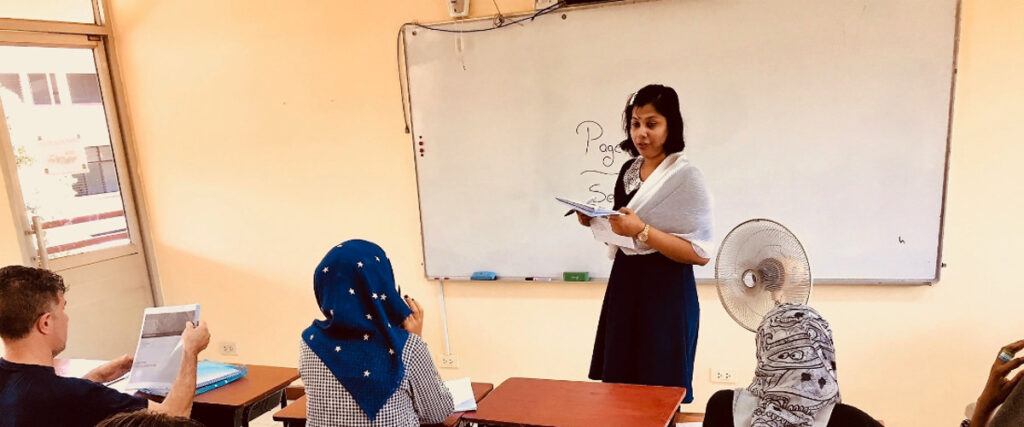
Building resilience through education
The sound of children playing in a school playground or the bell ringing to signal the start of class may be commonplace for most of...read more
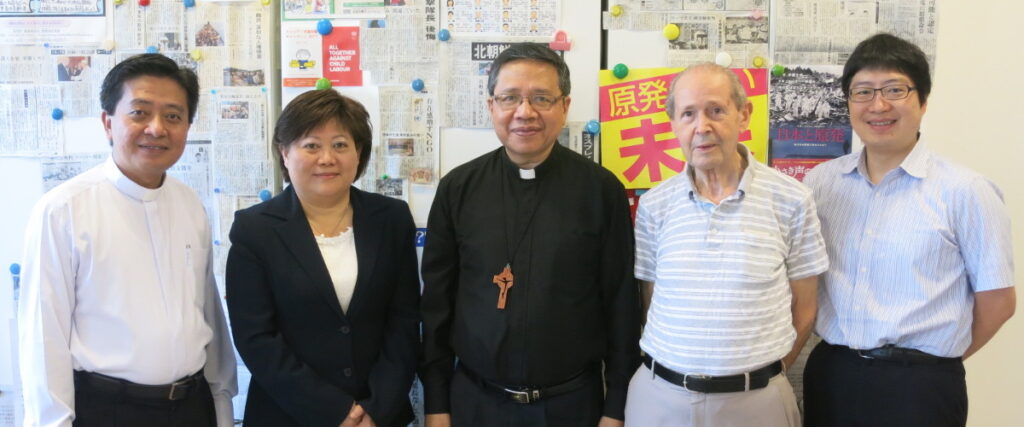
A search for Jesuit partnering between Japan and Vietnam
The Jesuit Social Center Migrant Desk in Tokyo is discussing ways to collaborate with the Vietnam Jesuit Province, after seeing a sharp increase in the...read more
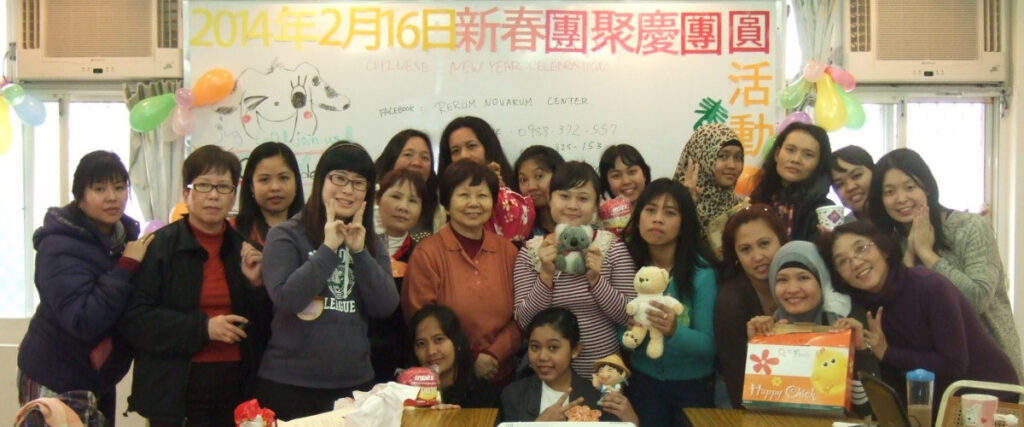
Seeing the face of Christ in migrant workers
As a child, Sr Wei Wei spent a summer listening to Bible stories elaborated by a young volunteer in a market place in her village....read more
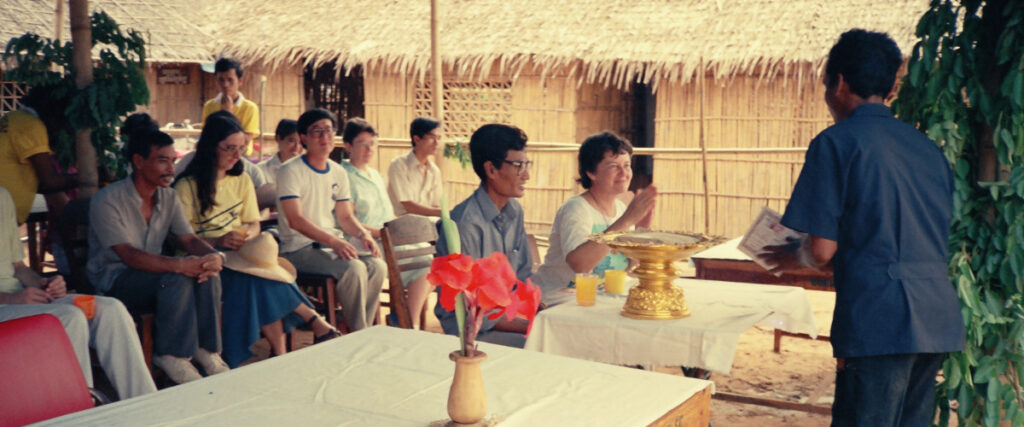
Partnering to serve refugees in Cambodia: The Mercy Sisters and JRS
Women religious partnerships with JRS have become a vital element in aiding displaced people wherever there is need. This was the case 37 years ago,...read more
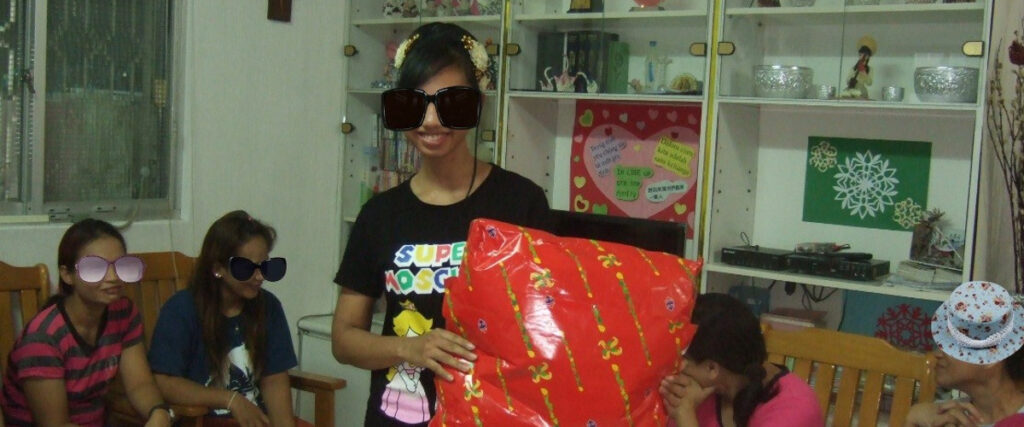
Rerum Novarum Center’s “little” ambassador
The Jesuit social service centre in Taipei has a “little” ambassador. Twenty-seven-year-old Lily jumps at the opportunity to introduce Rerum Novarum Center whenever she hears...read more
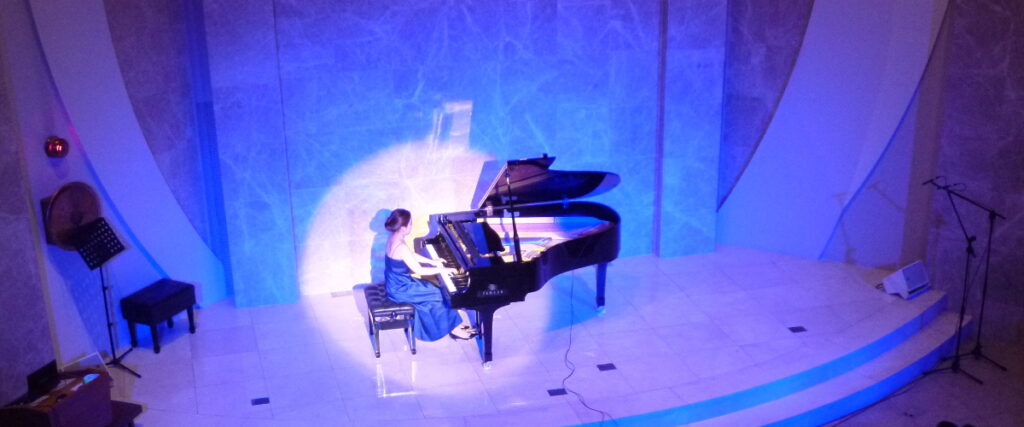
How are you, my love?
“How are you, my love/ I hope you are well/ Do not worry about me/ I am getting by.” The poignant lyrics of “Kumusta ka...read more
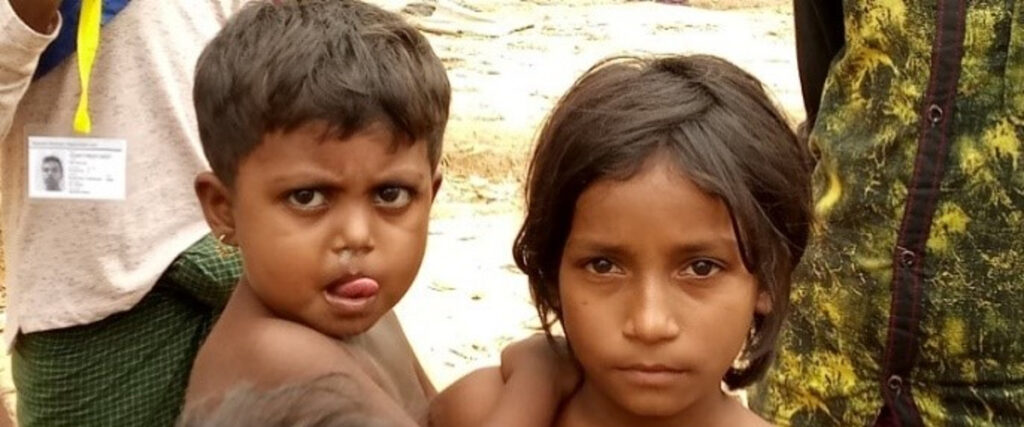
The Rohingya are God’s own people
“What we saw and experienced in the camps was beyond comprehension,” reported Fr Dunstan Vinny Joseph SJ, Socius of the Myanmar Jesuit Mission upon returning...read more
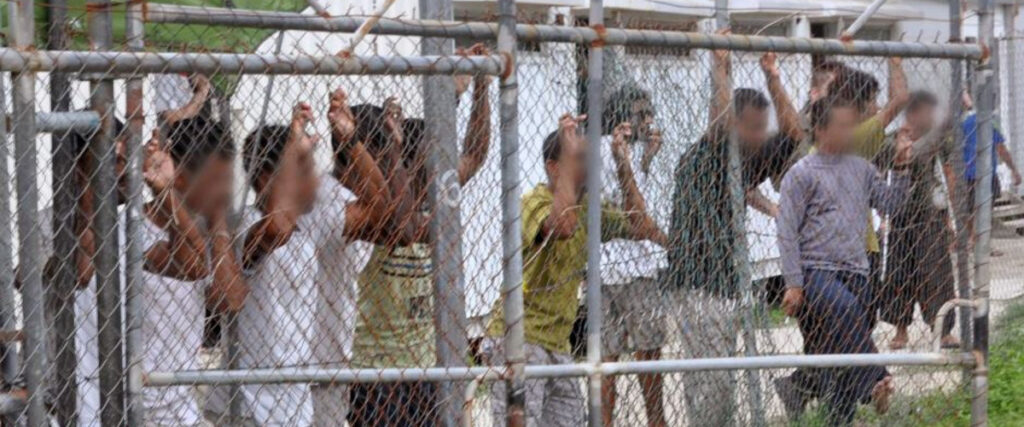
A call for action on Manus Island crisis
Jesuit Refugee Service (JRS) Australia and Jesuit Social Services have joined other Catholic organisations in expressing grave concern for the humanitarian crisis on Manus Island...read more
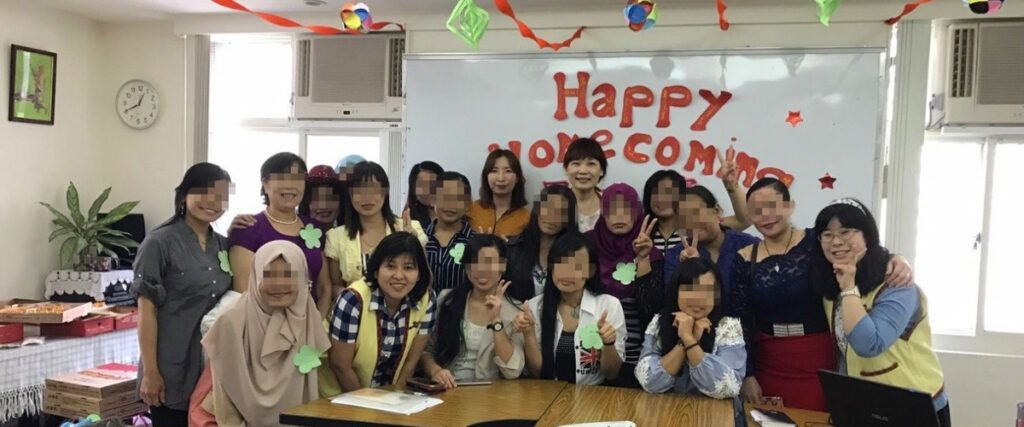
Migrant workers come back to their “mother’s home”
“Returning to Rerum Novarum Center is like coming home,” said Hanh. Hanh and many other migrant workers like her who had sought the comfort of...read more
